How to Lose 40 Pounds in 2 Months: Ultimate Guide

You are two months away from a big event or a big trip, but your old jeans do not button up. Whether you want to fit into your old jeans or lose weight for a big event, the desire to lose weight is understandable.
There are numerous weight loss options, and the journey can be challenging, but this article will explain how to lose 40 pounds in 2 months.
Most people shy away from fast weight loss because of the work they need to put in.
Spoiler alert: in most cases, you will not lose 40 pounds from diet alone; you need to exercise a lot as well.
If you follow the tips in this article, a trip to the mall to buy smaller clothes will be on your schedule.
2-Month Weight Loss: Is It Healthy?
Losing 40 pounds in two months is not a healthy goal. Research suggests that a healthy weight loss rate is between 1 to 2 pounds a week. It would help if you had a balanced diet that sustains your weight loss routine before you get to that goal.
Losing 40 pounds in 2 months is no easy feat as it equates to roughly losing 4.5 pounds a week. This is on the high end of the weight scale and will undoubtedly require you to push yourself to the limits.
The catch is that your body will need calories to fuel an intense workout routine for such rapid weight loss, and you might not be eating enough to meet that demand.
If you still want to lose 40 pounds in 2 months, there is a healthy way to do it, and you can check the ideas listed in this article after discussing them with your doctor.
How to Lose 40 Pounds in 2 Months: 5 Simple Steps
It is not too late to make those changes you desire and get to your weight goal. Losing 40 pounds in 2 months is an aggressive goal, but it is not out of the question. Below are simple steps to help you lose weight faster.
#1 Move more
Any form of exercise speeds up the weight loss process. Exercises increase your heart rate and consequently speed up your metabolism.
However, if you want to lose more weight, gravitating towards the treadmill will not get you to your weight goals. You have to incorporate strength training as well.
With strength training, you will build more lean muscle mass, which is essential because the more muscle mass you have, the more calories you burn while at rest.
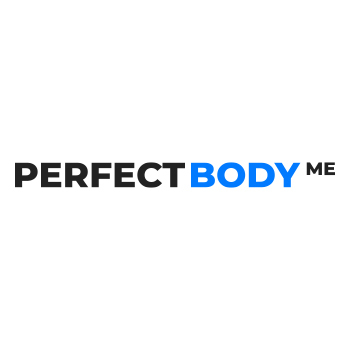
Advertisement
Easy to follow online weight loss plan
- Swappable ingredients in the recipes
- Includes more than 1,000 recipes
- Meals with quick preparation times
- Water intake & workout trackers
- Easy-to-find ingredients
- Adjustable plans based on your progress
- Daily caloric intake tracker
#2 Reduce your calorie intake
A healthy calorie restriction is one of the best ways to lose weight. To create a calorie deficit, you need to cut off added sugar and processed foods and eat a low-carb diet.
You also need to reduce your intake of starchy vegetables and some fruits.
Another way to create a calorie deficit is through intermittent fasting. Intermittent fasting diets preserve a calorie deficit through low-calorie dieting.
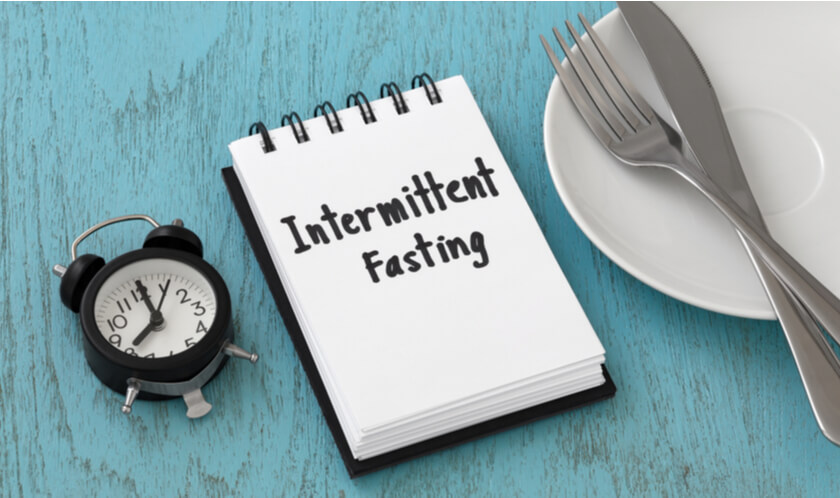
The best personal intermittent fasting app for weight loss is DoFasting. The DoFasting app has a customized fasting schedule to help people meet their weight goals.
The app also gives access to healthy meal recommendations and access to professional nutritionists that guarantee healthy weight loss.
The app educates and motivates you during your weight loss journey. It also has unique 7, 14, and 28-day fasting challenges that help you form stronger and healthier habits. As an accountability partner, it enables you to stay consistent in your journey.
The DoFasting app also has a calorie tracker to help you effortlessly count calories. This way, you will spend less time figuring out what to eat and how much to eat.
#3 Avoid fad diets
Fad diets are the worst approach to losing weight. They promote quick weight loss without accounting for your body’s nutritional requirements.
Some of these diets claim that some hormones are to blame for gaining weight and that food can change body chemistry. These diets are not well researched and are more detrimental in the long term.
These hype foods eliminate certain ingredients such as lectins and protein sources like grains. Other fad diets include drastic changes like a soup, smoothie, or juice diet.
Most of the initial weight loss from fad diets is water weight. Healthy weight loss is gradual. Most of these proposed diets offer a quick fix, but the lost pounds are regained quickly.
#4 Eat whole foods
The food you eat is critical in your weight loss management. A balanced diet gives your body the necessary nutrients to keep your body healthy.
A balanced diet also means avoiding too much of some foods and ensuring you get enough of others. Start by stocking up healthy foods such as low-fat dairy, lean meat, fresh produce, and whole grains.
Limit foods with empty calories. They are high in calories but low in nutrients. Choose foods high in fiber and protein. It would be best to choose foods from different food groups in every meal.
#5 Find a support group
Support groups are an excellent resource for encouragement and accountability as they help you push forward towards your weight loss goal. They also help you achieve long-term success by helping you keep off the excess pounds lost and stay healthy.
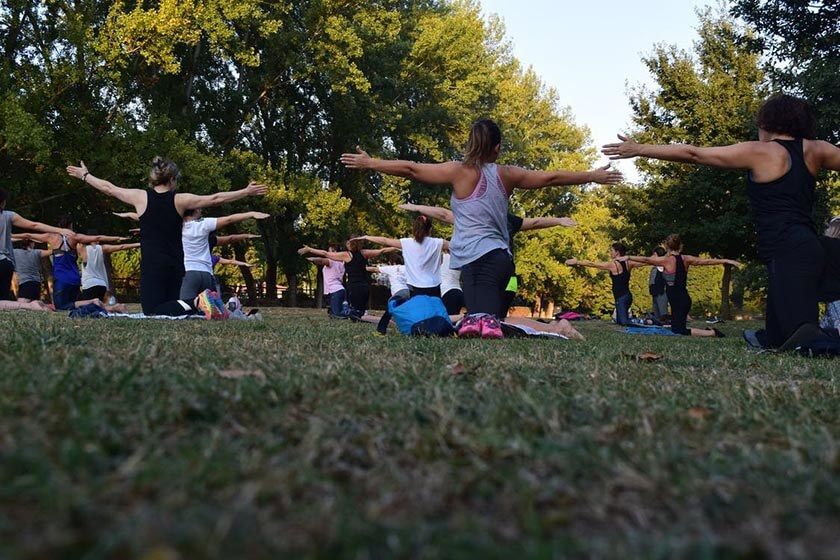
Joining a support group also normalizes the weight loss process as you can witness and hear what other people have gone through.
There are numerous local and online support groups you can join from the comfort of your home and get the desired support necessary to actualize your weight loss goal.
2-Month Diet Plan: What You Need to Know
The first step in a weight loss plan is checking your diet. You need to eat enough healthy and whole foods to provide your body with the optimal nutrition it needs.
It would help if you were on a calorie deficit to lose fat. According to the National Heart, Lung, and Blood Institute, the recommended calorie intake to lose 40 pounds is 1,200 to 1,600 daily.
As stated by the calorie needs above, you need three meals of 350–500 calories a day and an additional 100-calorie snack. You should include as many food groups as possible in your diet to satisfy your diet requirements.
It would be best if you made the following adjustments to your diet.
#1 Green tea
Green tea contains caffeine, a well-known stimulant that improves exercise performance and helps in fat burning.
For your body to burn fat, it first breaks down fat cells and moves them to your bloodstream. Green tea boosts fat-burning hormones such as noradrenaline, thus promoting fat loss.

Your body constantly burns calories even when you are sitting down or sleeping. When you drink green tea, it increases your metabolism and helps you burn more calories at rest. Green tea helps you burn an additional 4% of calories a day.
Another way green tea aids weight loss is by reducing your appetite, and theoretically speaking, this effortlessly lowers your calorie intake.
#2 Cut the sugar
When limiting your food intake to lose 40 pounds, you need to consider healthy options such as cutting off sugar. It would also help determine empty calories from sodas, candy, and pastry as they have no nutritional value.
If you crave sugar, you can use natural sweeteners instead. Staying off the sugar helps you lose weight in a comparatively shorter time.
#3 Do it yourself: 100-calorie snacks
A snack serving gives you an energy boost and helps control hunger pangs, and it is also an excellent way of eating more fruits and vegetables. Great snack ideas include sliced carrots, cucumbers, and celery.
#4 Do not skip meals
Skipping meals is counterproductive, and it does not help you lose weight faster. Going into starvation mode leads to extreme hunger, excess food consumption, and weight gain.
Every meal has a vital role in a weight loss plan.
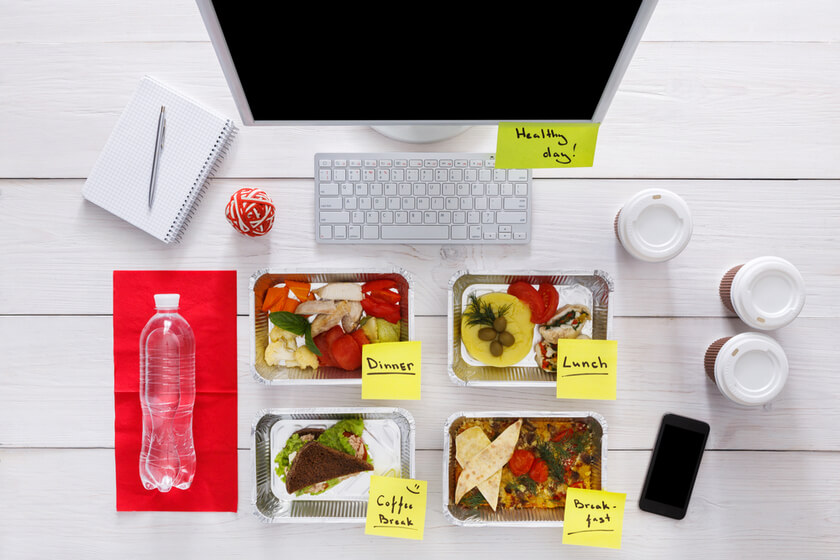
Your first meal – breakfast – should be a priority. A healthy option for breakfast might include non-fat milk, a banana, and two slices of toast.
People tend to consume the exact amounts of food daily. You need to fill up on lunch but reduce your calorie intake for sustainable weight loss. Lunch helps keep your metabolism high.
You can keep yourself full and reduce your calorie intake by eating more healthy protein sources such as chicken breast, fruits, vegetables, and other lean protein sources. These foods are low in calories but have large portion servings.
At around 4 to 5 in the afternoon, you can have a healthy amount of snacks such as digestive crackers, low-fat snacks, an apple, banana, or green tea.
Dinner is your last meal of the day, and it should be lighter than other meals. This is because your activity gradient reduces at the end of the day.
Skipping dinner is not an option as it creates a big gap between dinner and breakfast. This can make you feel hungry, causing increased appetite, heartburn, and insomnia. Eat correct portions and ensure you eat your dinner at least three hours before bed.
While on a diet to lose 40 pounds, you should be cautious of your carbohydrate intake. Check your carbohydrate intake before consuming it. Try to stick to a low carbohydrate intake of 10 to 20 grams a day.
Some low-carb food sources include chicken breast, fish, other lean meats, egg whites, most vegetables such as spinach and broccoli, and most fruits like apples and oranges. Avoid processed, fried, and fast foods.
5 Side Effects of Losing Weight Too Fast
It is normal to desire to lose weight fast, but losing it at a slow and steady pace is better. Studies show that people who quickly lose weight are unlikely to keep it off in the long term and are exposed to more health risks. Below are the associated dangers of losing weight too fast.
#1 Dehydration
It is common to see a slightly faster weight loss rate in the first two weeks because of water weight. Rapid water loss causes dehydration, coupled with other side effects like constipation, muscle cramps, headaches, and low energy.
Ensure your weight loss plan focuses on hydration. Track your water intake and ensure you are getting enough electrolytes.

#2 Hair loss
Restrictive diets and sudden weight loss can cause hair loss during weight loss. This is majorly due to nutritional deficiencies from a restrictive diet.
Restrictive diets cut out entire food groups, and a diet low in amino acids, the basic building blocks of protein, affect the production of keratin, the main structural protein for hair growth.
#3 Nutritional deficiency
Rapid weight loss can cause nutritional deficiencies within days or weeks. Some of these nutritional deficiencies can affect appetite, energy levels, immunity and even cause hair loss.
You should therefore see your doctor if you experience nutritional deficiencies. Experienced dieticians also help show you corrective measures of dietary deficiencies.
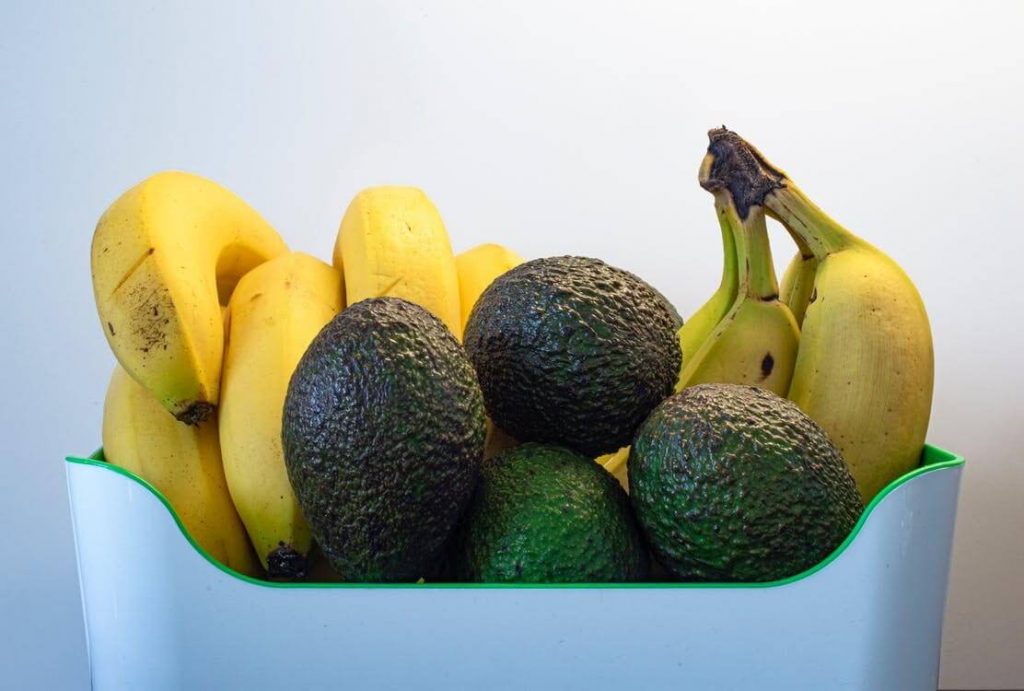
Nutrient-rich foods in healthy fats
Early symptoms of nutritional deficiencies include fatigue, palpitations, general body weakness, loss of balance, difficulties in eye movements, sore tongue, and muscle cramps. If you have these symptoms, see your doctor for medical advice.
#4 Not sustainable (yo-yo dieting)
Yo-yo dieting or weight cycling is one of the side effects of rapid weight loss. It is a pattern of losing weight and rapidly regaining it.
Effects of yo-yo dieting
Yo-yo dieting leads to increased appetite where one can gain weight over time. It also leads to a higher percentage of body fat and puts people at a higher risk of obesity.
This weight cycling also puts people at a higher risk of contracting diabetes and heart attacks. It can also cause depression once you see all the weight you worked hard to lose rebounding back. Rapid weight loss is therefore not sustainable, but the best solution is slow but sure weight loss.
#5 Fertility problems
Research suggests that obese ladies trying out for a baby may harm rather than improve their chances of conceiving by losing weight rapidly.
Losing weight at an unhealthy rate causes irregular menstruation, dehydration, and electrolyte imbalance. This also causes hormonal imbalance and hurts chances of conception for would-be moms.
A Word From our RD
Rapid weight loss can be quick and easy, but it is not sustainable. Fad diets and supplements promise to speed up the weight loss process, but instead, they deny the body of necessary nutrients for growth.
A healthy weight loss rate is 1 to 2 pounds a week, and a faster rate than this can lead to underlying health problems such as gallstones, dehydration, irritability, headaches, and electrolyte imbalances.
The only proven ways for safe weight loss are a low-calorie diet and regular exercise. Rapid weight loss can have ill effects but so does obesity. See your doctor first to work out an effective and long-term weight loss plan.
Conclusion
Losing 40 pounds in 2 months is an uphill task. However, long-term successful weight management is a lifestyle change. If you want long-term success, you need to take an honest look at your exercise routine and eating patterns.
Weight loss can be challenging, but gradual change in habits and attitude helps you move beyond challenges that set you back. Stay calm and patient in your weight loss journey to avoid getting frustrated, and the results will be worth it.
If you do not know how to lose weight, dieting apps can be a good start.

Easy to follow online weight loss plan
- Swappable ingredients in the recipes
- Includes more than 1,000 recipes
- Meals with quick preparation times
- Water intake & workout trackers
- Easy-to-find ingredients
- Adjustable plans based on your progress
- Daily caloric intake tracker

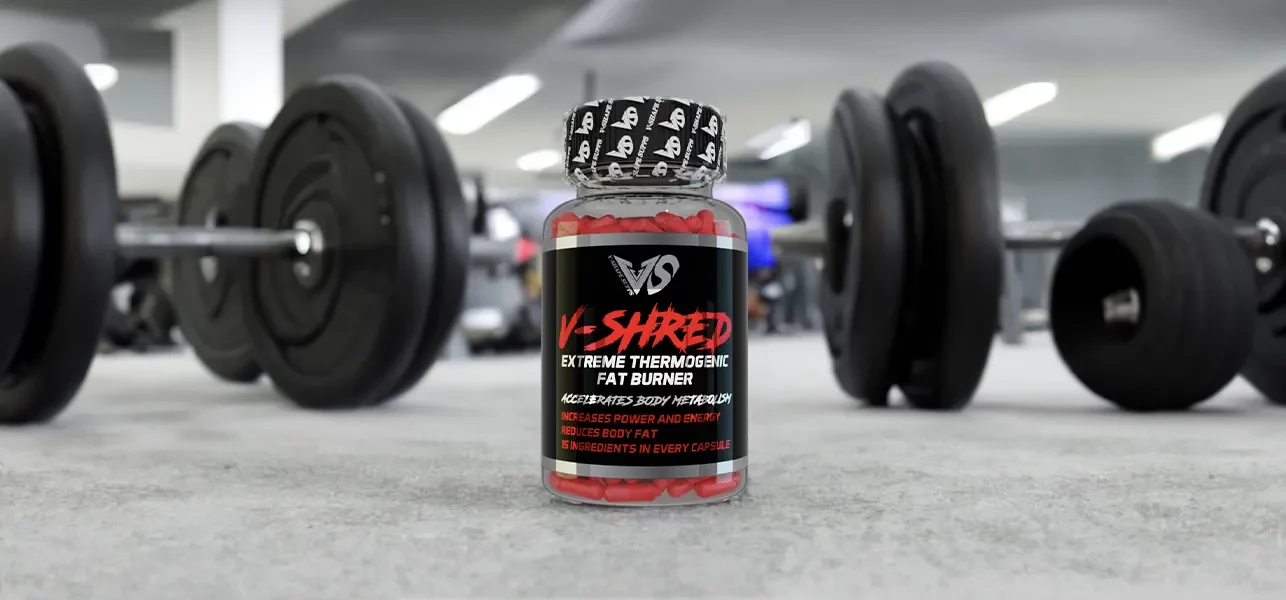
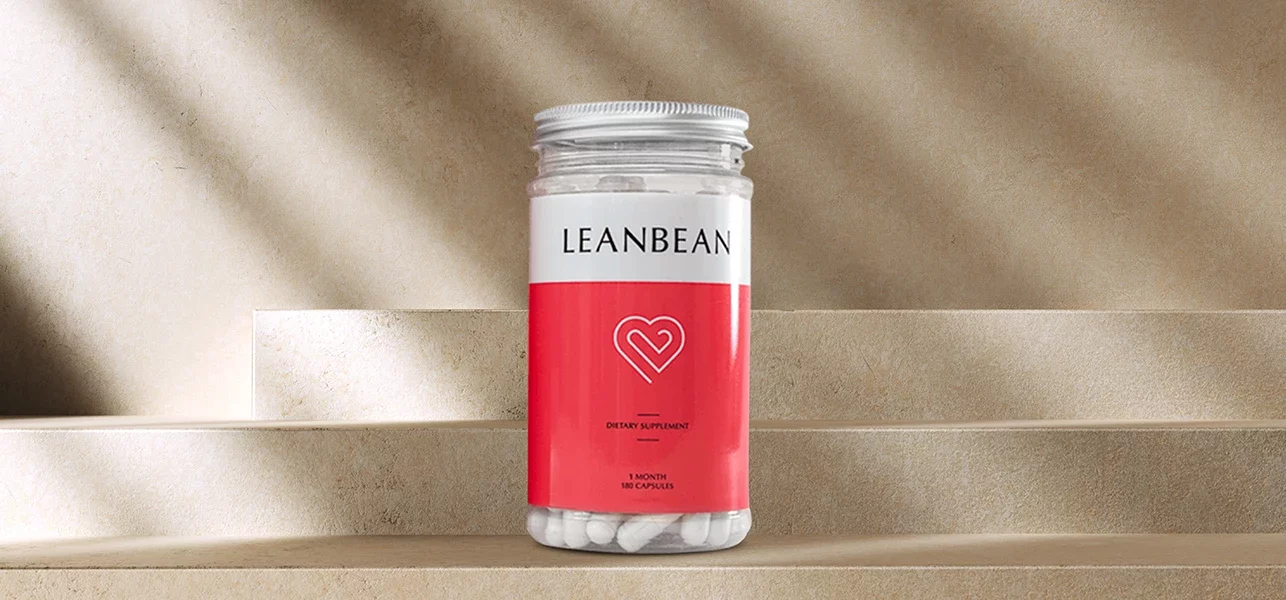
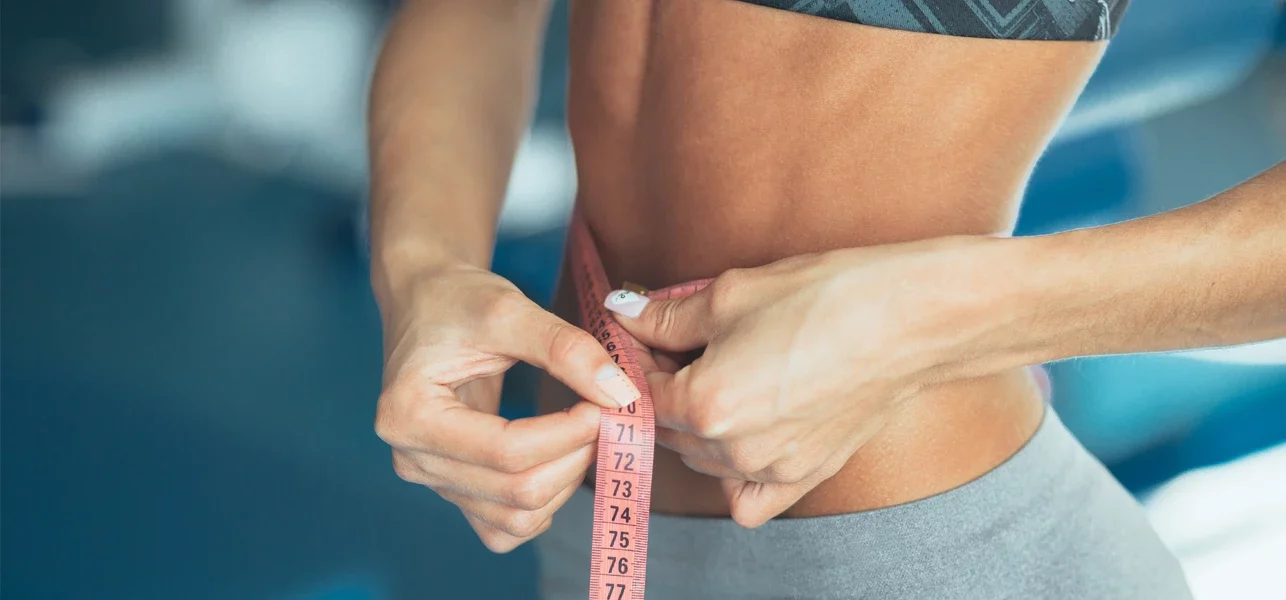

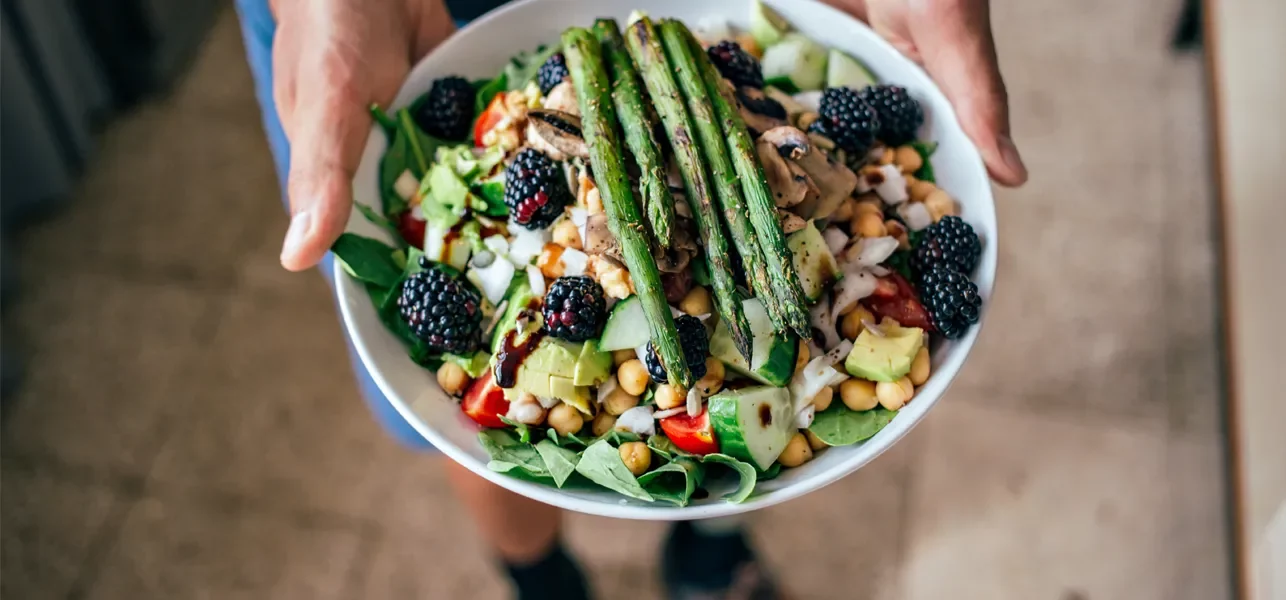

Comments (0)